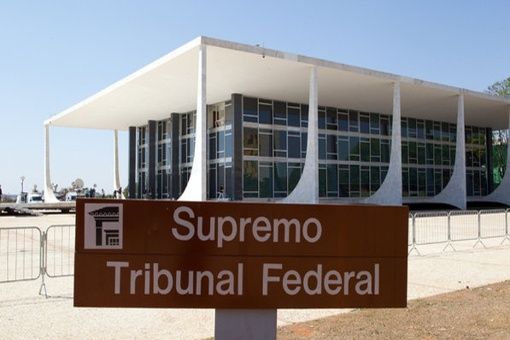The extraordinary session of the trial, which will last until 23:59 local time next Friday, was convened on August 9 by the president of the court, Justice Rosa Weber.
With the virtual analysis, the Supreme Court will decide whether to open criminal proceedings against those accused of the anti-democratic actions.
If the charges are accepted, they will be indicted and the process may begin.
In these cases, there will be collection of evidence and testimony of witnesses for the defense and the prosecution.
Subsequently, without any deadline, the STF will classify the defendants. According to the court, these complaints were presented in inquiries by the STF’s minister Alexandre de Moraes.
One investigation is looking for the intellectual authors and the people who instigated the acts, and the accusation is of incitement to crime and criminal association.
Another is investigating the material executors of the crimes. The charges, which will be tried starting tomorrow, include offenses under the Criminal Code such as criminal association, violent abolition of the Democratic Rule of Law, coup d’état, threat, persecution and incitement to crime.
Lawyers and prosecutors were allowed to present oral arguments until 11:59 p.m. local time this Sunday.
Currently, 128 people (115 men and 13 women) are still in custody as a result of the coup, of which 49 were arrested on January 8 and 9, after the violent episodes, and 79 in police operations carried out in recent months.
On August 8, the STF granted provisional release, with the substitution of preventive detention for precautionary measures, to 72 defendants for the coup attempt (25 women and 47 men).
De Moraes understood that, due to the end of the procedural investigation, the provisional release of these defendants does not represent any further risk of prejudice to the investigations.
Among the precautionary measures are the prohibition to leave the country, surrender of passports, prohibition to communicate with the others involved, house arrest at night and on weekends, and the use of an anklet, among others.
Under shouts of military intervention and rejection of the inauguration of President Luiz Inácio Lula da Silva, who won the October elections, radical supporters of former president Jair Bolsonaro broke into and ransacked on January 8 the premises of the National Congress, the STF and the Planalto Palace, seat of the Executive Power.
mh/jav/mem/ocs










